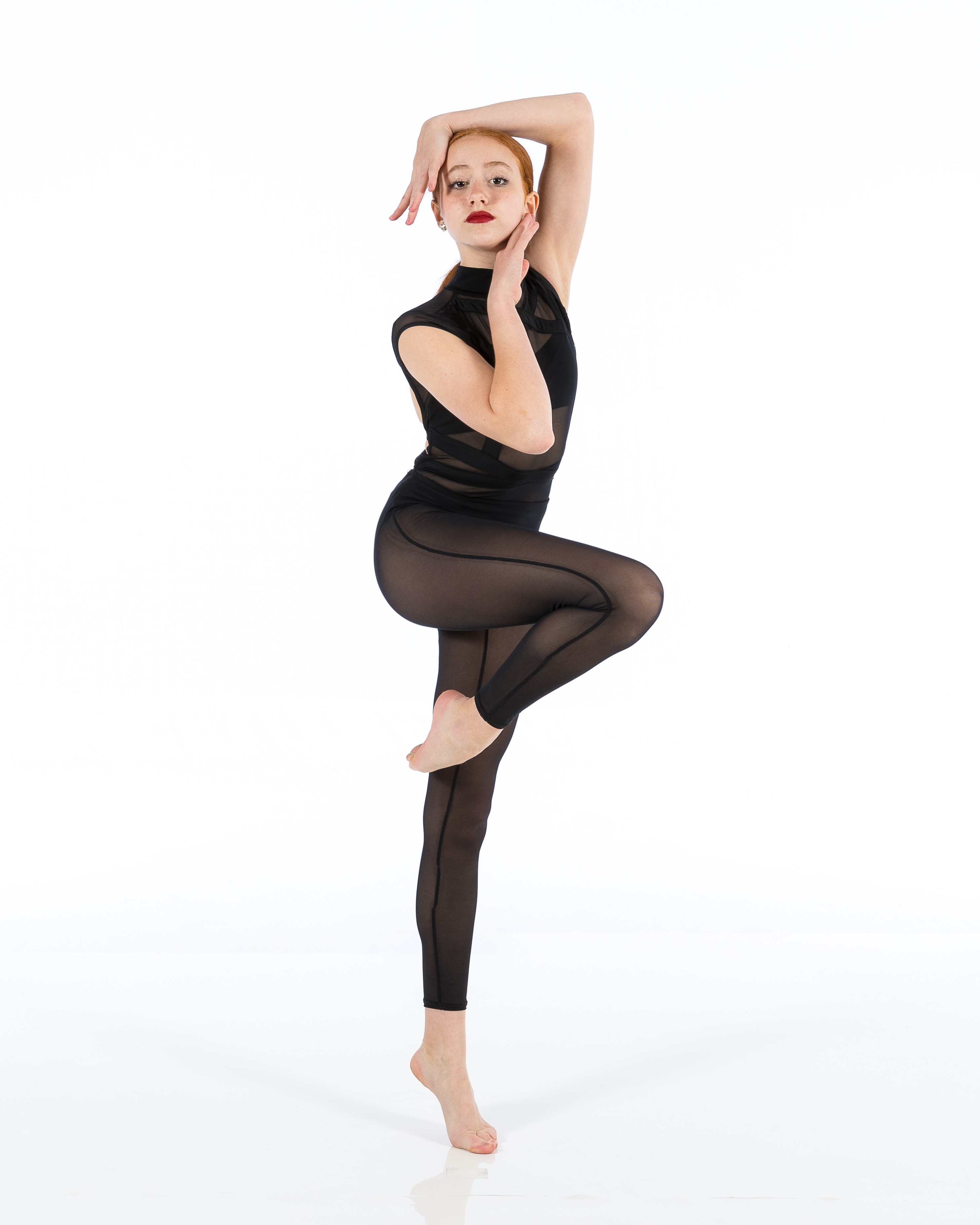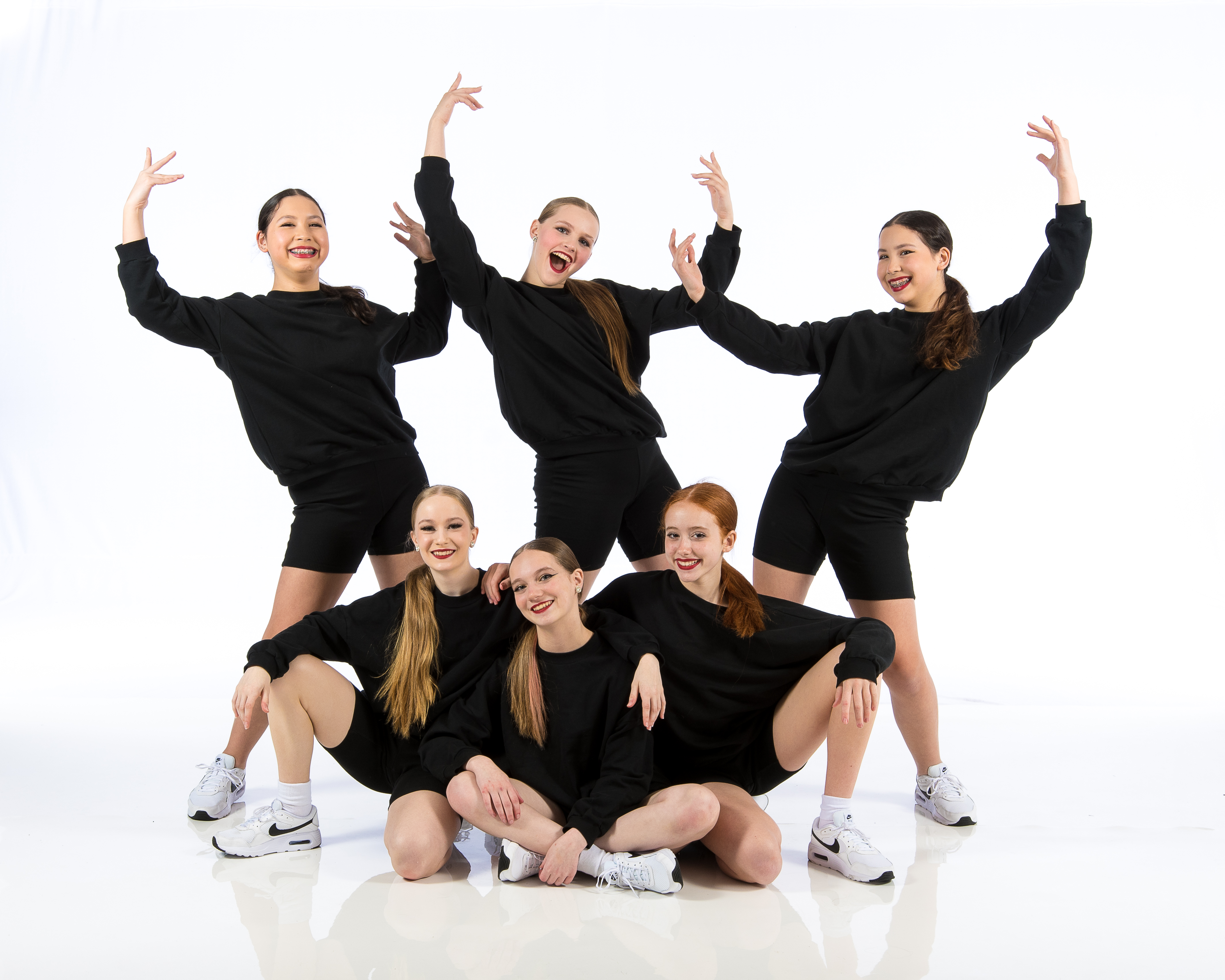Introduction
Stepping right into a dance studio for the very first time is a thrilling experience, one that can mix a cocktail of emotions-- enjoyment, anxiousness, expectancy. Whether you're an experienced professional dancer or just beginning your journey, comprehending the subtleties of dance studio decorum can boost your experience and improve your connections with instructors and fellow dancers alike. In this comprehensive overview, we'll dive deep into Mastering Dance Studio Rules: Necessary Tips for Beginners and Pros Alike
From fundamental guidelines to advanced considerations, this article will certainly cover whatever you need to learn about browsing the vibrant globe of dancing workshops. So tighten up those shoelaces and allow's get started!
The Significance of Dance Studio Etiquette
Why Etiquette Issues in Dancing Studios?
In any kind of creative atmosphere, decorum plays an essential function in preserving harmony and regard among participants. Dancing workshops are no exemption. Great rules fosters a favorable environment where imagination can flourish.
- Respect: Being considerate towards teachers and fellow dancers constructs mutual respect. Focus: Etiquette decreases disturbances, allowing everybody to focus on learning. Community: Etiquette helps produce a supportive neighborhood that motivates growth and camaraderie.
Common Mistaken beliefs Concerning Dance Studio Etiquette
Many newcomers hold misunderstandings concerning what comprises suitable actions in dancing studios. Allow's disprove some myths:
- Myth 1: "Only innovative professional dancers need to adhere to etiquette." Fact: Etiquette is vital for all degrees; it mirrors professionalism. Myth 2: "Instructors are too rigorous about policies." Fact: Instructors apply guidelines to keep order and respect.
Basic Dance Studio Rules for Beginners
Dress Code: What to Wear?
First perceptions matter! The right attire not only reflects your commitment yet also boosts your performance. Here's exactly how to clothe suitably:
- Comfort: Choose clothes that allow cost-free movement. Footwear: Buy good-quality shoes suited to your dance style.
|Dance Design|Advised Clothes|| -------------|-------------------------|| Ballet|Leotard, tights, ballet sandals|| Hip-Hop|Baggy clothes, sneakers|| Faucet|Comfortable clothes, tap shoes|
Arriving in a timely manner: Punctuality is Key!
Being late can interrupt the whole course. Objective to arrive at the very least 10 minutes early to:
- Warm up. Settle in mentally.
Tip: If you're running late as a result of unforeseen conditions, notify the trainer beforehand.
Quiet Area: Keeping Silence Prior To Class
Dance workshops flourish on emphasis. Maintain discussions to a minimum prior to course starts to make certain everybody can prepare mentally.
Intermediate Dance Studio Decorum: Building Relationships
Respecting Personal Area in Class
Every dancer deserves their area during session. Avoid crowding others while practicing relocations or routines.
Why It Matters: Respecting personal area advertises comfort and promotes better knowing experiences.
Listening Proactively During Instructions
When a trainer is talking, it's essential to focus. Energetic listening demonstrates respect and assists you comprehend crucial concepts.

How To Show Active Paying attention:
Maintain eye call with the instructor. Nod when appropriate. Ask making clear concerns if needed.Advanced Dance Studio Decorum: Elevating Your Experience
Providing Positive Responses Wisely
As you expand extra seasoned, sharing comments becomes part of the society. However, method this gently:
Focus on certain motions as opposed to basic critique. Offer ideas only if obtained by peers.Encouraging Others: Building Neighborhood Spirit
Support your other professional dancers with support:
- Compliment their efforts genuinely. Celebrate their accomplishments openly.
Mastering Dance Studio Rules: Important Tips for Beginners and Pros Alike-- The Teachers' Perspective
Understanding Teacher Expectations
Instructors normally have certain assumptions regarding habits in class. Familiarizing yourself with these can considerably improve your knowing experience:
Listen diligently when they speak. Follow directions precisely. Give your best shot throughout every session.Building Rapport with Your Instructor
Establishing an excellent relationship with trainers can be valuable for your development as a professional dancer:
- Ask inquiries associated with choreography or technique after class. Thank them for their assistance post-class; recognition goes a long way!
Handling Conflict Gracefully in the Dance Studio Environment
Dealing with Disagreements Amongst Peers
Conflicts might develop within any kind of group setting; understanding just how to manage them with dignity is vital:
Approach the person privately without intensifying tension. Use "I" declarations instead of "you" statements (e.g., "I really felt forgotten when ...").Addressing Issues with Trainers Professionally
If you have issues pertaining to instruction or class dynamics:
Request an exclusive meeting after course hours. Express your sensations constructively focusing on remedies rather than complaints.The Duty of Non-Verbal Communication in Dancing Studios
Understanding Body Language Signals
Dance inherently entails non-verbal communication; comprehending just how body movement features in this context is important:
Positive body movement (e.g., open stance) cultivates connection. Negative signals (crossed arms) may share defensiveness or disengagement.Using Eye Contact Efficiently During Classes
Maintaining eye call with instructors communicates listening while likewise helping develop relationship amongst peers during group performances!
FAQs
Q1: What need to I use for my very first dance class?
A1: Choose comfy clothes that allows cost-free activity-- yoga trousers or tights coupled with a fitted leading jobs well!
Q2: Is it fine to miss out on classes occasionally?
A2: Life takes place! Inform your instructor ahead of time if possible; they'll appreciate your consideration.
Q3: Exactly how do I deal with feeling shy around various other dancers?
A3: Begin small-- present on your own one-on-one prior to broadening interactions gradually as experience grows!
Q4: Can I bring close friends along to observe classes?
A4: Many studios favor prior plans; get in touch with administration initially so they understand additional attendees!
Q5: Suppose I disagree with a trainer's feedback?
A5: Approach them respectfully post-class; reveal feelings using "I" declarations concentrating on positive dialogue instead of confrontation!
Q6: Need to I take part in efficiencies also if I'm new?

Conclusion
Mastering dance studio etiquette isn't practically following guidelines; it has to do with growing an enhancing setting where everybody feels valued and inspired-- Dance Studio whether you're just starting or refining innovative methods as an experienced pro! By sticking very closely to these essential tips detailed here under Mastering Dance Studio Etiquette: Vital Tips for Beginners and Pros Alike, not just will you boost your very own experience however likewise add positively in the direction of nurturing an inviting neighborhood within each dance studio you elegance with your existence! So take these understandings onward right into every studio area you go into-- and let the rhythm carry you toward excellence!